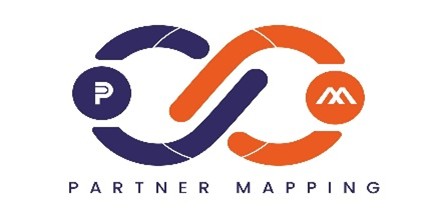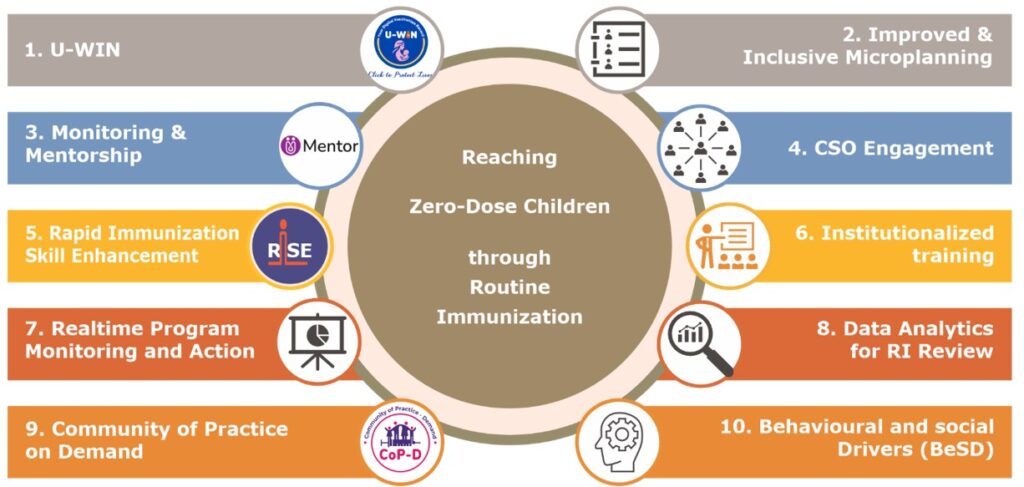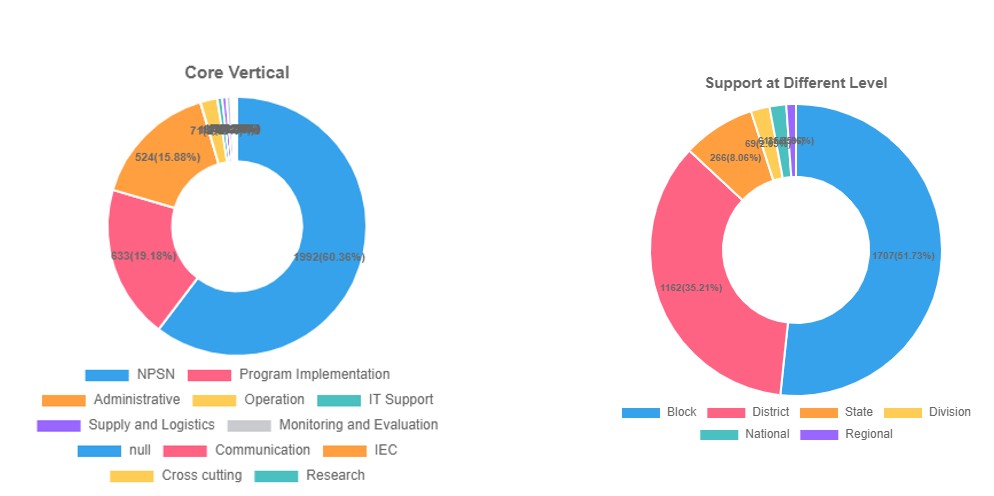Health System Strengthening (HSS 3)
Interventions Under the Health System Strengthening (India’s Zero Dose Implementation Plan)
Intervention 1 : U-WIN
U-WIN has been developed as the electronic name-based Immunization Registry for UIP so as to track vaccination of each and every beneficiary. With ‘Anytime access, Anywhere Vaccination’, it will not only help to reach and connect the Zero Dose children to the health systems but also ensure full and timely vaccination of all children and pregnant women. The U-WIN platform will be instrumental in integrating the immunization services with the PHC services. Realizing the criticality of U-WIN, the intervention is being undertaken with a pan India scope and is not restricted to the 143 high impact districts.
Intervention 2 : Improved & Inclusive Microplanning
Improved Microplanning to ensure inclusivity of all catchment areas and beneficiaries, with digitization at the planning level using the Excel tool and supporting the U-WIN platform.
Intervention 3 : Monitoring & Mentorship (M&M) Program
A unified Monitoring and mentorship Application has been developed based on GoI approved formats for improved supervision of immunization services across the country with expanded monitoring coverage and a mentorship-focused approach.
Intervention 4 : Civil Society Organization (CSOs) Engagement
CSOs/NGOs have been deployed across the 143 districts of 11 States to boost vaccination awareness and demand, especially among under-vaccinated groups. Focus is on community involvement, misinformation management, and enhancing frontline workers skills, with an emphasis on collaborative microplanning and advocacy for effective immunization outreach.
Intervention 5 : Rapid Immunization Skill Enhancement (RISE)
The RISE platform is a digital learning platform for timely and effective training of frontline workers, complementing the ongoing conventional training by leveraging information technology tools like the internet and mobile phone.
The Learning Modules have been developed on following thematic areas:
- Immunization schedule and session management
- Injection safety and vaccine administration
- Principles of cold chain management
- Adverse events following immunization
- Communication to tackle vaccine hesitancy
Intervention 6 : Institutionalized training in India
The objective is to establish immunization training networks in the form of 'hub and spoke' model.
The key areas are:
- Building a national Centre of Excellence (CoE) to provide stewardship and oversight on the training and capacity building activities under UIP.
- Capacity building of existing training institute(s) at state levels to create a hub and- spoke model for training.
- Development of a vaccination skill enhancement centre to institutionalize high-quality training mechanisms at designated hubs.
- Development of a Management Information System (MIS) dashboard by leveraging iTMIS at NCCVMRC.
Intervention 7 : Program Monitoring and Action (PMA)
It is a form of independent survey using IT enabled tools capable of applying automating random sampling per WHO cluster survey methodology and autogenerating survey reports. The results will validate the HMIS and UWIN data of the district, help in data triangulation, assess and inform the coverage of the zero-doze children and missing communities, and identify programmatic gaps for mid-course corrections.
Intervention 8 : Data Analytics for Routine Immunization Review
Data Analytics will utilize the immunization data Lake (Monitoring & Mentorship, U-WIN Data, HMIS, eVIN Data, BeSD Survey, Program Monitoring & Action Survey data, CSO Activity Report, VPD Surveillance and other relevant data sources) for comprehensive review to undertake corrective action through triangulation, validation, and advanced analytics. It will support the decision makers at all levels to make informed decisions in the program implementation.
Intervention 9 : Community of Practice on Demand (CoP-D)
CoP-D is chaired by Additional Commissioner, Immunization Division, Ministry of Health and Family Welfare. The CoP-Demand is envisaged as the think tank for demand activities and will guide the communication policy of UIP. It would be a catalytic element in the entire system, geared towards shifting away from the usual traditional approaches at demand generation. It will conduct proof-of-concept pilots, use human-centered design and tailored behaviour change tools to address barriers to immunization.
Intervention 10 : Behavioral and Social Drivers (BeSD) Survey
The objective is to capture Behavioural and Social Drivers (BeSD) for the vaccine uptake. Three assessments (Baseline, Midline, & Endline) are planned during the intervention period. It includes insights on the influence of religious/community leaders, caregivers' satisfaction, mothers' autonomy, and social reasons for low access of vaccination. The findings will support informed program planning for increased uptake of vaccination.

Partner Mapping Tool
Under HSS-3, ITSU has designed and developed a Partner mapping Tool which is a cutting-edge tool that has been developed to identify and map out all the available human resource support in the field for routine immunization services in the 143 districts. This tool has been designed to facilitate the efforts of all development partners, including UNICEF, WHO, UNDP, and JSI, who are working tirelessly towards improving immunization services and strengthening the health systems in the field. The tool has been shared with all the partners
ith the Partner Mapping tool, MoHFW can obtain comprehensive and detailed information about the locations, roles, and responsibilities of each development partner. This will enable MoHFW to plan and implement its strategies more effectively and analyse the performance of development partners in a more objective manner. Partner Mapping Tool
Accountability and Review Mechanism
Pre-Immunization Action Group (Pre- IAG) and IAG: Quarterly Meeting of Pre-Immunization Action Group (Pre IAG) and IAG have been envisaged under the HSS framework for regular review of the progress on interventions. Pre-IAG is chaired by the Additional Commissioner Immunization (UIP) with representation from partners, CSOs and Gavi Secretariat-India (with support from ITSU). The objective of this meeting is to review the progress of all the interventions under the project against pre-set indicators for mid-course correction.
The Immunization Action Group(IAG) is chaired by the Additional Secretary & Mission Director (NHM) and cochaired by Joint Secretary (RCH). The IAG has representation of Mission Directors of all the high priority states, representation from all the implementing partner organizations, representatives of some CSOs/ NGOs, CoP- Demand and Gavi Secretariat India (with support from ITSU).
Joint Appraisal: Joint Appraisal (JA) is an annual, country-led, multi-stakeholder review/discussion that represents an important opportunity for countries to engage Gavi Alliance partners and other key stakeholders on the annual progress of routine immunization programs against national goals and objectives. It is essential to Gavi’s regular monitoring and performance management (MPM) and has evolved to align with Gavi 5.0's strategic shifts.
A key feature of the JA is the joint discussion about promising practices, challenges met, and future needs for improving immunization performance, focusing on reaching zero-dose children and missed communities. The modality of the Joint Appraisal exercise is tailored to the country’s context and may be scheduled taking into consideration other planning exercises such as EPI reviews or National Immunization Strategy development. It concludes by finalizing a report, identifying relevant deliberation outcomes, and taking follow-up actions.




